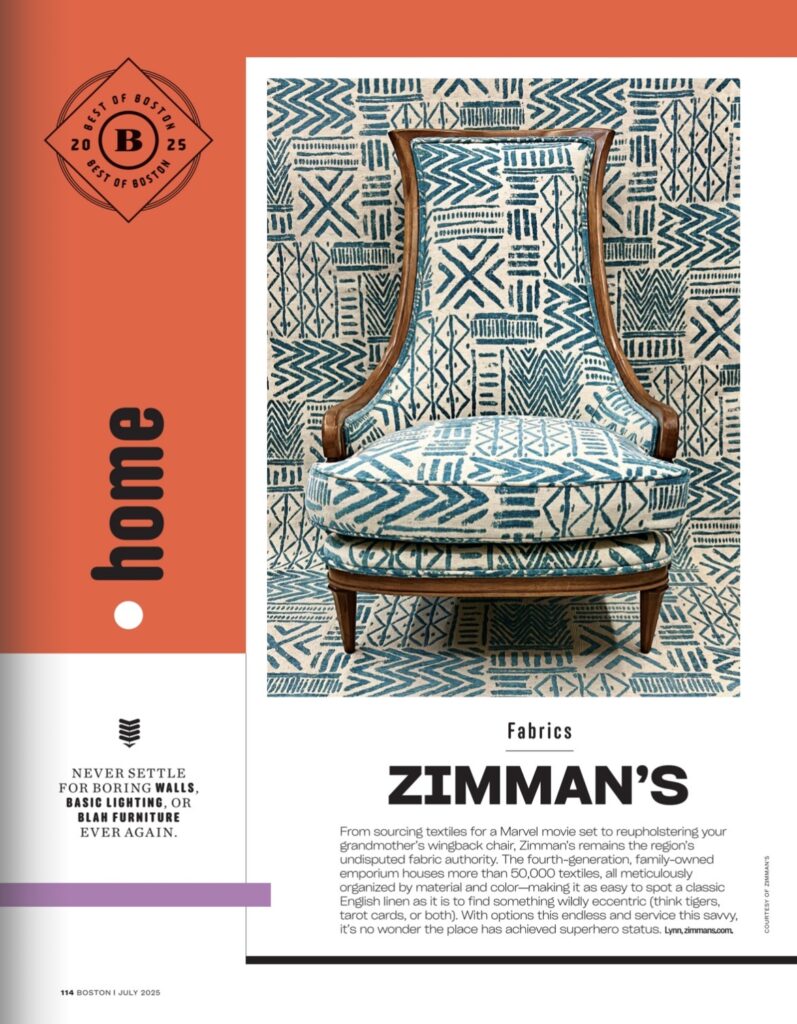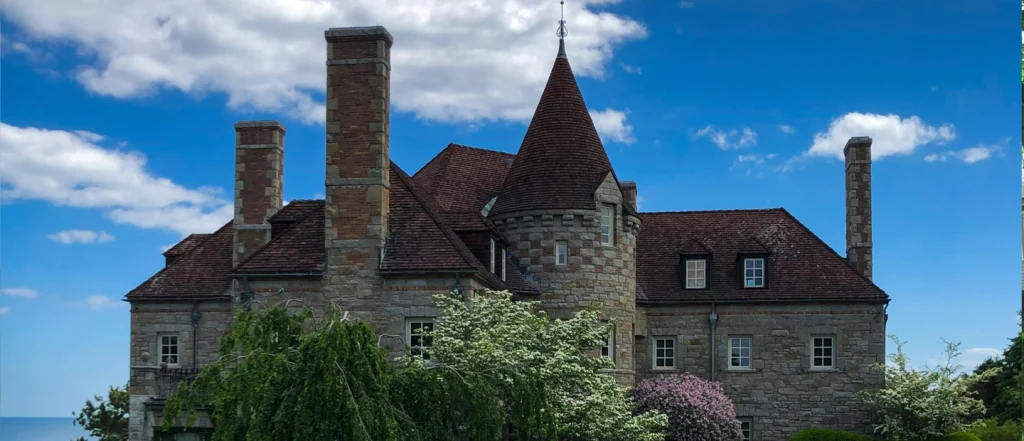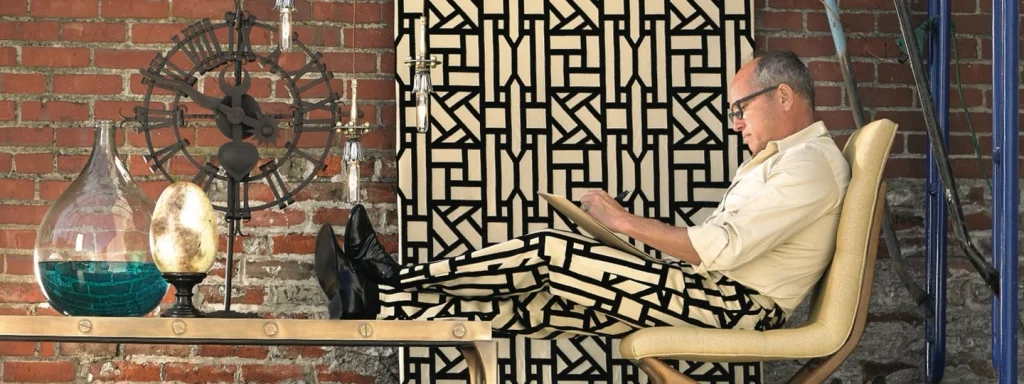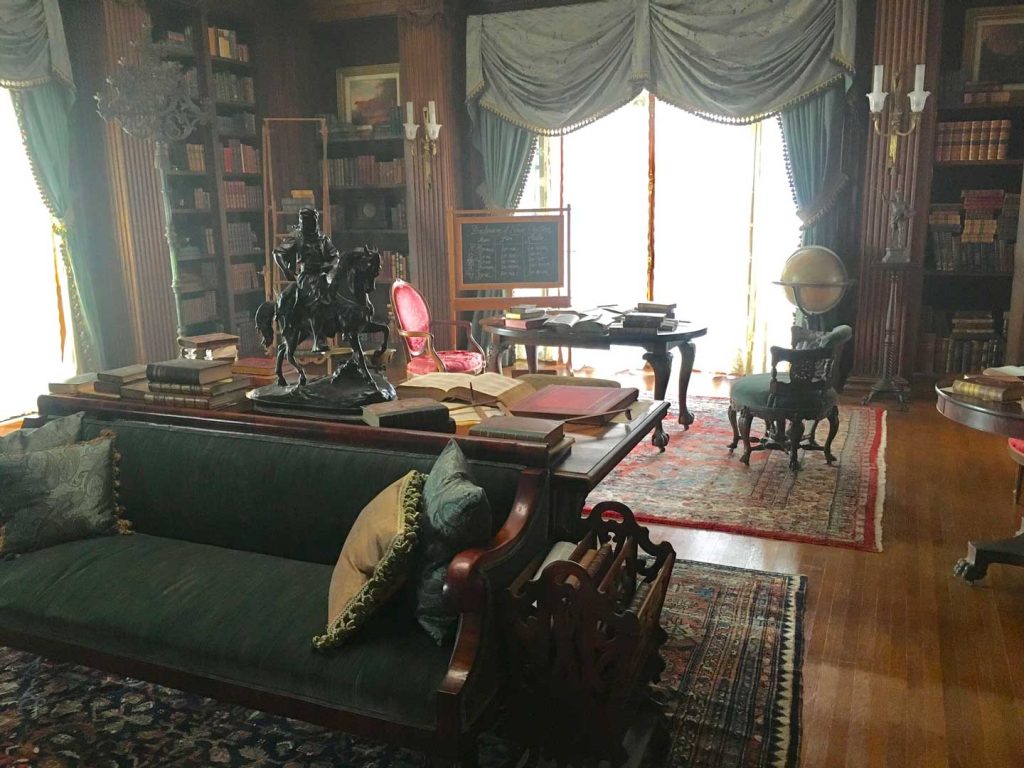
Jackson Homestead & Museum
Built in 1809, this Federal-style residence served as a stop on the Underground Railroad and now anchors Historic Newton’s archives and exhibit galleries. Period woodwork, brick nogging, and original clapboards illustrate early-19th-century construction techniques.
Phone: (617) 796-1450
Durant-Kenrick House & Grounds
This 1734 farmhouse traces three centuries of ownership, from Revolutionary-era patriot Edward Durant III to horticulturist William Kenrick. A modern glass connector showcases restored post-and-beam framing and colonial subsistence gardens.
Phone: (617) 641-9142
Newton City Hall & War Memorial
Completed in 1932, this limestone-clad civic complex blends Art Deco massing with Colonial Revival detailing. Interior marble galleries and bronze honor rolls offer contractors insight into WPA-era craftsmanship.
Phone: (617) 796-1000
Newton Free Library
Opened in 1991, the neo-Georgian brick structure features a skylit atrium and 50-foot glass core that channels daylight deep into public reading rooms—an instructive case study in civic daylighting and energy performance.
Phone: (617) 796-1360
Echo Bridge (Sudbury Aqueduct)
The 1876 granite arch spans 450 feet across the Charles River, carrying the Sudbury Aqueduct toward Boston. Its unreinforced masonry vault remains a textbook example of 19th-century hydraulic engineering and stone-setting precision.
Phone: (617) 727-1199
Newton Cemetery & Arboretum
Founded in 1855, the garden-style cemetery encompasses 100 acres of Victorian monuments, curvilinear lanes, and a certified Level III arboretum—valuable for studying historic landscape preservation and green-infrastructure practices.
Phone: (617) 332-0047
East Parish Burying Ground (Centre Street)
Dating to 1664, this burying ground preserves slate winged-skull stones, sandstone obelisks, and chest-tombs that reveal shifts in Puritan, Federal, and Victorian funerary iconography over three centuries.
Phone: (617) 796-1500
St. Mary’s Episcopal Church, Newton Lower Falls
This 1813 Federal-Gothic sanctuary showcases local granite walls and lancet windows framed by hand-tooled brownstone. Restoration teams reference its timber-truss nave when reinforcing early-19th-century ecclesiastical roofs.
Phone: (617) 527-2739
First Baptist Church in Newton
Architect John Lyman Faxon’s 1888 Richardsonian Romanesque design features rough-cut sandstone, a soaring square campanile, and Tiffany stained-glass windows—ideal for studying load-bearing masonry acoustics.
Phone: (617) 244-2997
William H. Peirce House
Constructed in 1873, this Second Empire residence retains a slate-clad mansard roof, cast-iron cresting, and intact pocket shutters—prime reference material for envelope specialists tackling ornamental wood restoration.
Phone: (617) 796-1450
Longyear Museum
This purpose-built museum (2001) houses artifacts related to Mary Baker Eddy in a granite and glass structure that harmonizes with adjacent 19th-century estates. Its archival vaults illustrate best practices in object-level climate control.
Phone: (617) 278-9000
Mary Baker Eddy Historic House (Dupee Estate)
The 1880 Ruskinian Gothic mansion by Peabody & Stearns features polychrome sandstone, carved capitals, and leaded-glass oriels. Preservation awards honor its meticulous exterior masonry cleaning and copper flashing replacement.
Phone: (617) 278-9000
Norumbega Tower
Erected in 1889 from rough-hewn granite blocks, Eben Horsford’s 38-foot monument commemorates a (mythical) Norse settlement and offers insight into 19th-century romantic nationalism in landscape architecture.
Phone: (617) 626-1250
Cochituate Aqueduct Trail (Newton Segment)
Laid in 1848, the 4-foot-diameter brick conduit once supplied Boston’s first modern water system. Granite ventilators and gatehouses punctuate today’s linear greenway, illustrating early municipal infrastructure engineering.
Phone: (617) 969-6238
Newton Community Farm (Angino Farmstead)
Operating on the city’s last working farmstead, the c. 1860 Italianate farmhouse and timber barn demonstrate adaptive reuse for urban agriculture and educational programming on just two acres.
Phone: (617) 916-9655
Waban Hill Reservoir Park
The decommissioned 1876 reservoir now hosts a loop trail and restored gatehouse offering skyline views from Boston Marathon’s “Heartbreak Hill.” The brick and granite gatehouse showcases late-Victorian utilitarian design.
Phone: (617) 796-1500
Newton Highlands Historic District
Victorian storefronts, Queen Anne cottages, and the 1906 shingle-clad MBTA depot illustrate rail-driven suburban growth. Preservation guidelines here inform façade rehabilitation and porch millwork replication.
Phone: (617) 796-1120
Chestnut Hill Historic District
Olmsted-designed parkways, Colonial-Revival mansions, and Boston College’s Collegiate Gothic halls compose this National Register district—ideal for studying campus expansion within a streetcar-suburb context.
Phone: (617) 552-8000
Upper Falls Historic District
Granite mill complexes, Greek-Revival workers’ housing, and St. Mary’s 1845 Gothic chapel line narrow hill-side streets overlooking the Charles River—offering rich precedents for adaptive-reuse projects.
Phone: (617) 796-1120
Eliot Church of Newton
Founded in 1845, this Italianate-Gothic meetinghouse by architect Hammatt Billings boasts a hammer-beam ceiling and Moravian-pattern slate roof that guide roof-repair specifications for similar mid-19th-century sanctuaries.
Phone: (617) 244-3639


























